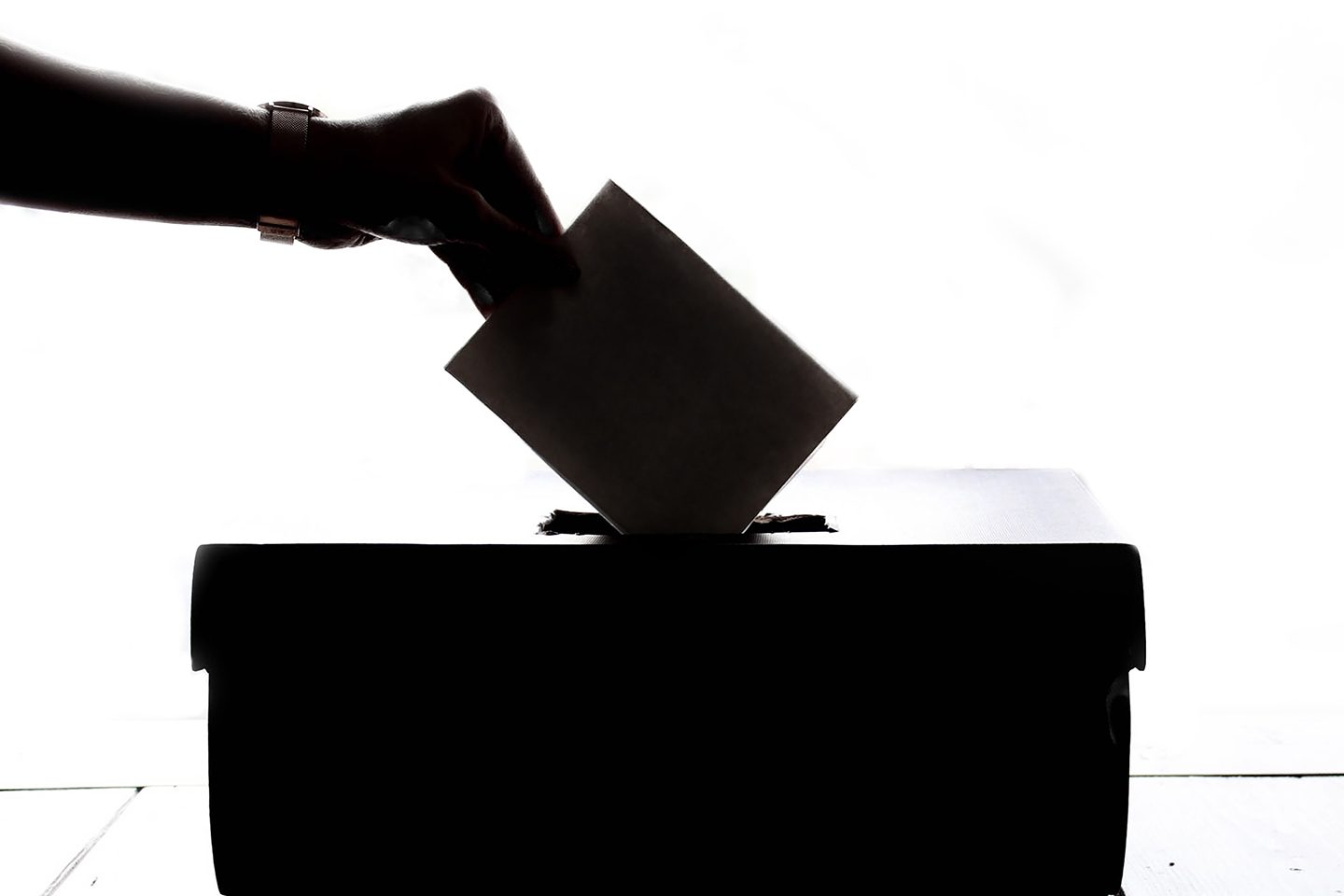
On September 11, veto referendums were filed against Senate Bill 276 and Senate Bill 714 in California. Both of the bills address the use of medical exemptions from vaccination schedules for school students. Gov. Gavin Newsom (D) signed the bills on September 9.
Proponents of the veto referendums will need to collect 623,212 valid signatures within 90 days of the governor’s signature, which means signatures are due on December 8, 2019. Secretary of State Alex Padilla (D) is expected to release ballot language for the veto referendums on September 23. If enough signatures are collected for the referendums, the laws would be on hold until voters decide whether to uphold or repeal them at the election on November 3, 2020.
SB 276 and SB 714 were designed to create a process for the California Department of Public Health to review medical exemption forms for school attendance and allow a trained immunization department staff member (who must be a physician, surgeon, or registered nurse) to revoke medical exemptions that do not meet CDC, ACIP, or AAP criteria. The bills also include a process to appeal decisions to revoke exemptions, prohibit doctors who the department considers to be contributing to a public health crisis from writing medical exemptions, establish the information that must appear on medical exemption forms, and create a system to monitor immunization levels in schools and institutions and patterns of high exemption form submissions by physicians. SB 714 was written to amend SB 276 after Gov. Newsom requested several changes to the original bill, including a longer grace period for students with medical exemptions that were issued before January 1, 2020.
The three individuals who filed the veto referendums—Denise Aguilar, Heidi Munoz Gleisner, and Tara Thornton—were active in protesting the vaccination bills in August and September, according to The Sacramento Bee. Aguilar described the protests as “just parents who are getting a little bit fed up with the bills that are being passed.” She added, “To have our health in bureaucrats’ hands, that’s the complete tyranny of the government.” Senator Richard Pan (D-6), who authored the laws, responded to the referendums, saying, “What they haven’t demonstrated through the legislative process is a compelling argument based on science and facts and when they go to the public they will need that. Pounding on doors and walls won’t be any more compelling to the public as it was to the Legislature.”
After Gov. Jerry Brown (D) signed SB 277, which eliminated personal belief and religious exemptions from vaccination requirements, former Rep. Tim Donnelly (R-33) filed a veto referendum to overturn the law. On October 7, Donnelly said the campaign lacked financial contributions and signatures, which led to the veto referendum failing to make the ballot. While the signature requirement in 2015 was 365,880, the signature requirement in 2019 is a quarter-million higher at 623,212.
Californian’s have voted on 48 veto referendums since the state’s first in 1912. Voters upheld the targeted legislation in 20 veto referendum measures and repealed it in 28. Nationwide, between 1906 and 2018, 521 veto referendums appeared on the ballot in 23 states. Voters repealed 340 (65.3 percent) of the targeted laws and upheld 181 (34.7 percent). California has had the third most veto referendum measures certified for the ballot behind North Dakota (75) and Oregon (68).
Related pages:

